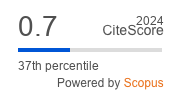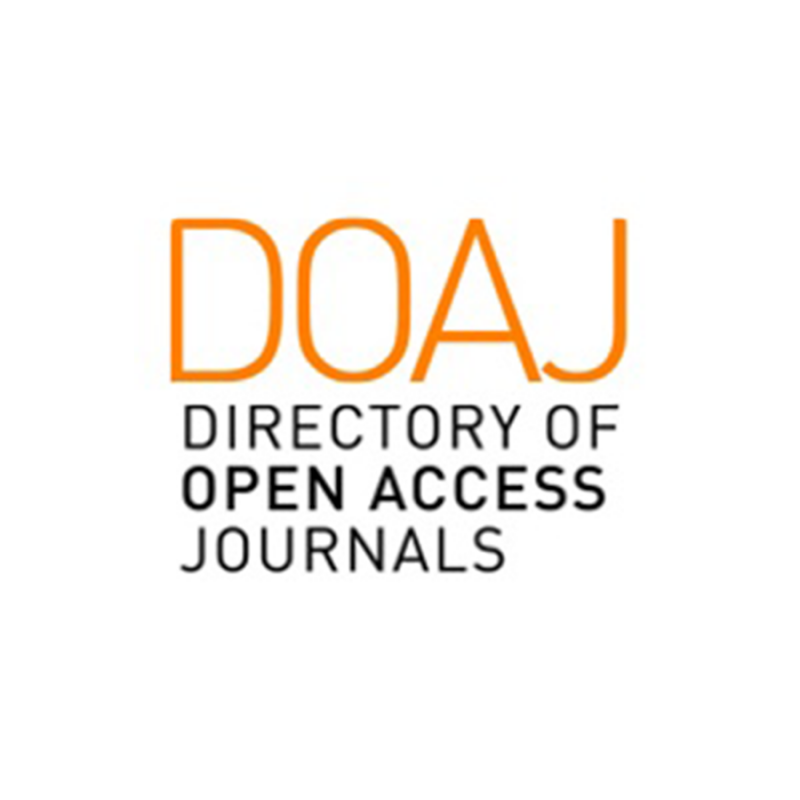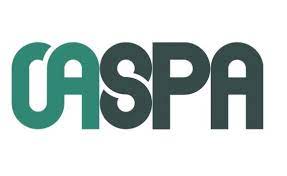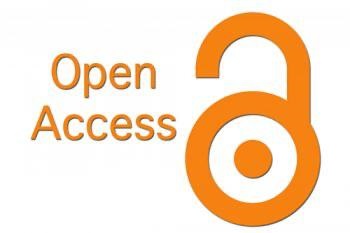The Impact of Prophylactic Dexamethasone, Metoclopramide or both on Nausea and Vomiting After Laparoscopic Cholecystectomy
DOI:
https://doi.org/10.47723/kcmj.v15i2.168Keywords:
: Laparoscopic cholecystectomy (LC), Postoperative nausea and vomiting (PONV), Dexamethasone, Metoclopramide and double blinded randomized meta-analysis.Abstract
Background: Postoperative nausea and vomiting (PONV) are one of the most common complaints following laparoscopic cholecystectomy.
Objective: This study was designed to compare the effects of dexamethasone, metoclopramide, and their combination on preventing PONV in patients undergoing laparoscopic cholecystectomy.
Methods: A total of 135 patients enrolled in the study. American Society of Anesthesiologists (ASA) physical status I and II patients were included in this randomized, double blind, placebo-controlled study. Patients were randomly assigned to group A administered 8mg iv dexamethasone, group B received metoclopramide 10 mg, group C received combination of 8mg dexamethasone and 10 mg metoclopramide and group D received 10 cc normal saline.The incidence of PONV, mean visual analog pain scores, request for analgesia, side effects , and well-being score were recorded during the first 24 h postoperatively.
Results: Total incidence of PONV during 24 hr was 24% in the dexamethasone group (group A), 47% in the metoclopramide group (group B), 15% in the dexamethasone plus metoclopramide group (group C) and 61% in the placebo group (group D).
None of the dexamethasone plus metoclopramide group patients required other antiemetic (B6 ample iv.), as compared with one patient in dexamethasone group, three patients in the metoclopramide group and five patients in the placebo group. Pain scores, the time to the first request for analgesia, and side effects were similar across the study groups.
Conclusions: Dexamethasone and the combination of dexamethasone plus metoclopramide were more effective in preventing PONV than metoclopramide and placebo.













